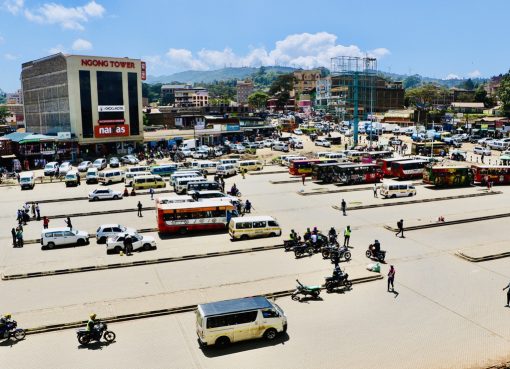At least three homesteads have been reported swept away in Nyatike Sub County of Migori County as fears of heavy floods gripped the people living in the lower parts of Nyatike Constituency following the heavy rains pounding the region.
The affected homes in Sagama Village, Central Kadem location were swept away Thursday evening by the deluge from irrigation canals within the Lower Kuja Irrigation scheme.
Nyatike Deputy County Commissioner Solomon Chesut told KNA that they have already instructed all people living in the lower parts of Nyatike to move to higher grounds to avoid loss of life and property. “As at the moment, we have not registered any death or serious loss of property since the flow of water within the scheme is still minimal,” he said.
Chesut said they had also closed all sluice gates from the main-intake on River Kuja in order to limit the flow of water within the river.
However it is feared Rivers Kuja and Migori could burst their banks any time if the current torrential rains continues as strong indications are already showing that the two rivers are fast swelling apparently as a result of the ongoing heavy rains in Mara and Kisii regions.
Nyatike area has in the past years faced serious displacement of thousands of people from their homes as a result of floods caused by the two rivers. Villages such as Kabuto, Nyora and Aneko have always borne the brunt of the floods from the rivers when their banks burst.
Mr. Chesut said a joint national and county government disaster management committee has already stepped up surveillance to deal with any possible emergency arising from floods. “The local disaster management committee and the people have already been put on high alert to deal with any eventuality arising from the heavy rains.”
At the same time, Chesut said all gold mining pits in the region will be closed next week in case the rains fails to subside. “We want to stop unnecessary deaths that usually occur in this area during heavy rains as a result of gold pits collapsing and burying alive people inside them,” he emphasized.
By George Agimba




